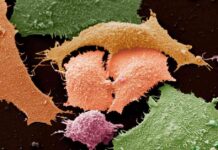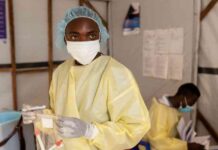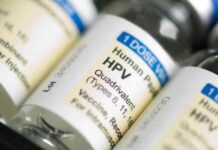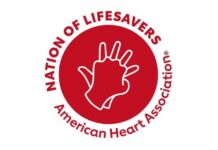Novartis Breast Cancer Therapy Receives FDA Approval for Early-Stage Patients
Novartis has made a significant stride in the fight against breast cancer with the recent expansion of FDA approval for its targeted therapy, Kisqali. Previously indicated only for patients with metastatic disease, Kisqali is now approved in combination with hormone therapy for certain early-stage breast cancers. This development opens up access to this type of drug for a larger number of patients, providing new hope and treatment options.
Victor Bulto, president of the Novartis United States unit, highlighted the impact of this expanded approval, stating, “It includes the entire stage 3 and 70% of stage 2. That’s two times the size of what other CDK4/6 inhibitors are approved for.” Kisqali, also known as ribociclib, targets proteins called CDK4 and 6, which play a crucial role in enabling cancer cells to grow and divide uncontrollably when overactive. This approval marks a significant advancement in the treatment landscape for hormone receptor positive, HER2 negative breast cancer, the most common form of breast cancer.
CDK4/6 inhibitors have been a key component of treatment for advanced breast cancer for several years. Last year, the FDA approved Eli Lilly’s CDK4/6 inhibitor, abemaciclib or Verzenio, for use in stage 2 and 3 HR positive, HER2 negative breast cancer. However, this approval did not extend to breast cancers that had not yet spread to nearby lymph nodes. With the new approval for Kisqali, patients without positive lymph nodes can now benefit from CDK4/6 inhibitors, expanding treatment options for a broader group of patients.
Harold Burstein, a breast cancer oncologist and researcher at Dana-Farber Cancer Institute, emphasized the significance of this approval, stating that it offers patients who may not have been considered candidates for Verzenio the opportunity to receive a CDK4/6 inhibitor. The approval extends this treatment option to a larger group of patients, potentially improving outcomes and reducing the risk of recurrence.
Patients eligible for Kisqali can receive the treatment with endocrine therapy for three years post-surgery to help lower the risk of recurrence. Data from Novartis’ Phase 3 NATALEE trial presented at the European Society of Medical Oncology meeting in Barcelona demonstrated that Kisqali can reduce the risk of recurrence by 28.5% compared to endocrine therapy alone. This analysis was conducted a year after patients completed treatment, indicating the long-term benefits of Kisqali in preventing recurrence.
Novartis’ Bulto highlighted the importance of this extended treatment period, stating, “We’re treating them to hopefully avoid recurrence in their lifetime. Physicians wanted to see if the effect remained and deepened even when patients stop taking treatment.” The findings suggest that the benefits of Kisqali persist even after the treatment period, offering patients a continued advantage in their battle against breast cancer.
While Kisqali offers promising benefits, it is important to note that the treatment may come with some side effects. Common side effects include low white blood cell counts and joint pain, and the drug is intended to be taken for three years post-surgery. In comparison, Verzenio is taken for two years but may cause diarrhea. This underscores the importance of early detection in breast cancer, as early-stage cancers can often be effectively treated without the need for CDK4/6 inhibitors or chemotherapy.
In conclusion, the expanded FDA approval for Novartis’ Kisqali represents a significant advancement in the treatment of early-stage breast cancer. By offering CDK4/6 inhibitors to a broader group of patients, this approval provides new hope and improved outcomes for individuals battling this disease. With continued research and innovation in the field of oncology, we can strive towards better treatment options and ultimately, a brighter future for those affected by breast cancer.

















